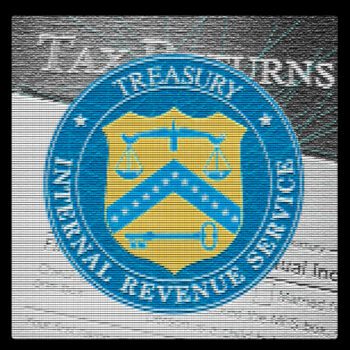|
thisCrowd - Audio Read
Getting your Trinity Audio player ready...
|
I, like numerous others, have attempted to secure a spot in Y Combinator without any success. It’s a running joke for me that I’ve encountered more rejections from YC than any other founder. It’s safe to say that I likely, or without a doubt, don’t align with the YC checklist. It’s improbable that I ever will and nor do I ever want to change that. Yet I am confident that I would outperform anyone in that exclusive ivy league YC circle. Interestingly, most accepted candidates seem to have contingency plans, making a Y Combinator acceptance feel more like a summer job, one they may or may not choose to pursue. In YC’s defense I wouldn’t have accepted myself by just looking at my application, so no hard feelings.
Y Combinator, has been a catalyst for the success of numerous tech giants, but it’s crucial to examine the areas where it falls short. While the incubator has seen triumphs, criticisms arise from an apparent emphasis on rapid growth, a limited industry focus, and a standardized approach. However, it’s essential to recognize that molding a successful founder is definitely not an exact science, and the stereotypical Silicon Valley image may not capture the true essence of starting a company.
Beyond Y Combinator’s structural critiques lies a pertinent observation about the perceived stereotyping in founder selection. While Y Combinator claims not to have a specific type, there’s a prevailing sentiment that a Silicon Valley look and certain credentials define their ideal founder – someone who worked for a big-name company or authored a book in a specific programming language or ivy league school affiliation. This stereotyping raises questions about diversity and the potential exclusion of founders who don’t fit the conventional mold. And yes, I’ve seen the YC Stats.
The statement that “you can’t mold a founder or choose who will be a great one” challenges the notion of having a precise formula for selecting successful teams or companies. Criticism arises when it appears that Y Combinator favors a particular Silicon Valley stereotype. The emphasis on having the ‘right’ credentials or conforming to a specific image may inadvertently exclude unconventional yet innovative/motivated founders. By all means, its great if you fit that YC checklist. I bet they would of passed on Elon Musk.
The “I’ll do whatever for YC” attitude. The assertion is that real founders, those truly committed to their vision, may not align with the expectations set by Y Combinator. This calls into question the balance between fostering dedication and creating an environment where founders can authentically pursue their vision, irrespective of Y Combinator’s expectations. What I am trying to say is… Ycombinator needs some founders that don’t give a fuck and currently they all seem soft.
Y Combinator can continue to be a driving force in startup incubations, breaking away from the original way of funding startups, but still have issues on who they select. I don’t know the answer, but founders comes in all shapes and sizes and more than likely they are missing out on certain people that would be overlooked, based on a checklist they don’t realize they have.
Reflections:
In a 2016 tweet, Y Combinator co-founder Paul Graham urged startups to prioritize product improvement over seeking exposure on platforms like “Shark Tank.” Mark Cuban responded by questioning if this advice revealed an issue of entitlement and arrogance within Y Combinator startups, shedding light on potential cultural challenges. Amidst these discussions, investor Chris Sacca emphasized the value of a free 10-minute pitch, indirectly challenging decisions made by Y Combinator startups and advocating for the benefits of platforms like “Shark Tank.”








































